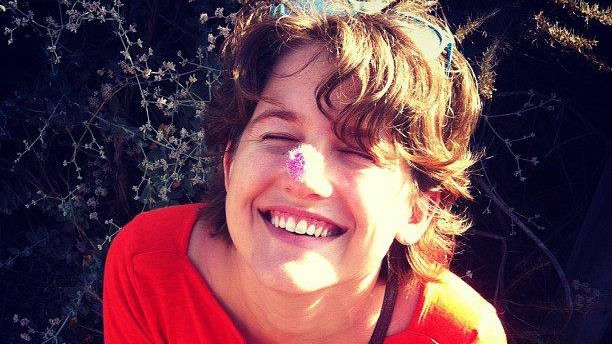Podcast: Play in new window | Download
Subscribe: RSS
At the end of a lengthy and optimistic answer about how young journalists can succeed professionally, Rachel Hamburg — a 2011 Stanford graduate — took a step back.
“As a 25-year-old hoping to make a career out of this, I think it’s a little bit scary,” she said. “And it’s OK to be scared.”
Then she broke into laughter — the type that occurs when, looking at the difficult journey ahead, all you can do is laugh.
The majority of young storytellers and journalists face the challenge of channeling their enthusiasm and skills into a stable, long-lasting career. Many industries have obvious and time-honored career paths; journalism is not one of them. It is a constantly changing field where new tools and vehicles pop up almost annually.
Hamburg is off to a great start. She freelances with innovative storytelling programs like Mashcast, and she currently serves as the managing editor for the Stanford Storytelling Project, which provides storytelling training for students in any field.
She is also my guest on the tenth episode of the Telling The Story podcast.
I chose Hamburg as a guest because she represents a unique viewpoint. She produces traditional media, in a sense; the Stanford Storytelling Project team regularly delivers episodes of an hour-long, “This American Life”-style podcast called “State of the Human”. But she also has relationships with cutting-edge journalists and does not limit the power of journalism to its traditional forms. She is a new college graduate who also, through her job, advises current students.
And she does all this while trying to figure out her own future.

